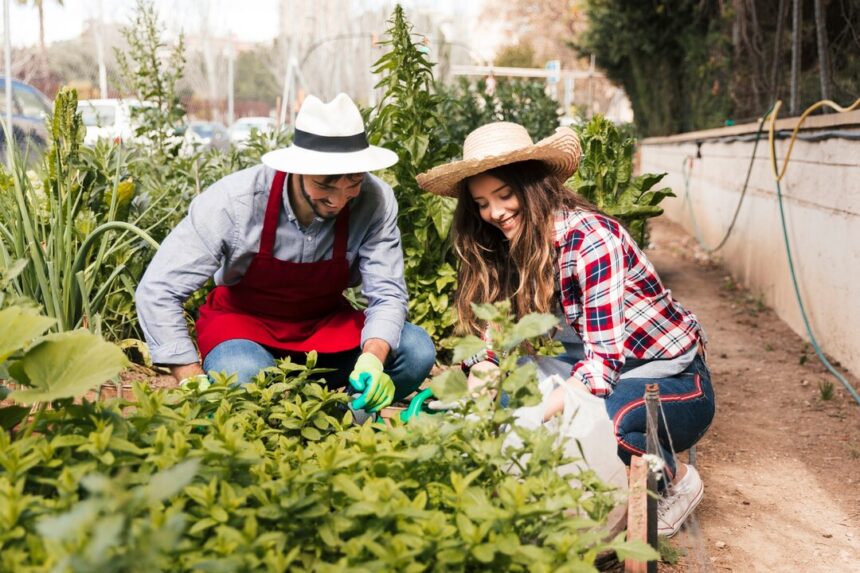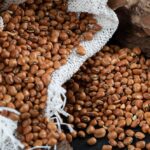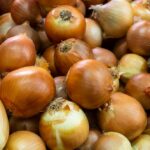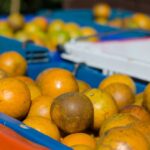Organic backyard farming is a rewarding venture for South African farmers, offering fresh produce, reduced food costs, and a healthier lifestyle. However, this sustainable practice comes with its challenges. Avoiding common mistakes can help you maximize your yields and maintain the health of your garden. Here are ten common errors organic backyard farmers make and how to address them.
1. Neglecting Soil Health
Healthy soil is the foundation of organic farming, yet many farmers overlook its importance. Poor soil management results in nutrient deficiencies, affecting plant growth.
Solution: Conduct soil tests to assess nutrient levels and pH balance. Add organic compost, manure, or mulch to enrich the soil and promote microbial activity.
2. Overwatering or Underwatering
Improper watering is a frequent mistake, leading to root rot or plant dehydration. Overwatering can also wash away essential nutrients.
Solution: Water plants early in the morning to reduce evaporation and use a drip irrigation system to ensure even distribution. Monitor soil moisture regularly.
3. Ignoring Crop Rotation
Growing the same crops repeatedly depletes soil nutrients and increases the risk of pests and diseases.
Solution: Rotate crops annually to prevent nutrient exhaustion and disrupt pest cycles. For example, alternate nitrogen-depleting crops like tomatoes with nitrogen-fixing plants like beans.
4. Using Non-Organic Seeds
Using non-organic or genetically modified seeds can compromise the integrity of your organic farming efforts.
Solution: Purchase certified organic seeds from reputable suppliers in South Africa. Look for local seed banks to source indigenous and drought-tolerant varieties.
5. Overcrowding Plants
Planting crops too close together can lead to competition for sunlight, water, and nutrients, as well as increased vulnerability to diseases.
Solution: Space plants according to their specific requirements. This ensures better air circulation and healthier growth.
6. Failing to Manage Pests Naturally
Many backyard farmers resort to chemical pesticides, which go against organic principles and harm beneficial insects.
Solution: Use natural pest control methods like companion planting, introducing beneficial insects (e.g., ladybugs), or homemade organic sprays made from garlic or neem oil.
7. Overlooking Seasonal Planting
Planting crops at the wrong time leads to poor yields and wasted resources. South Africa’s diverse climates require tailored planting schedules.
Solution: Research seasonal planting guides for your region. For instance, grow leafy greens like spinach in cooler months and tomatoes in warmer seasons.
8. Not Composting Properly
Composting mistakes, such as adding non-compostable items or failing to balance green and brown materials, result in poor-quality compost.
Solution: Maintain a balance of green materials (vegetable scraps, grass clippings) and brown materials (dry leaves, cardboard). Turn the compost regularly to aerate it and speed up decomposition.
9. Underestimating Mulching
Many farmers skip mulching, not realizing its benefits in conserving soil moisture, suppressing weeds, and regulating soil temperature.
Solution: Apply organic mulch, such as straw, bark, or grass clippings, around plants. Reapply periodically as the mulch decomposes.
10. Lack of Long-Term Planning
Organic backyard farming requires a long-term vision. Some farmers fail to plan for future needs, such as expanding garden beds or integrating new techniques.
Solution: Develop a detailed garden plan, including crop rotation schedules, water conservation strategies, and areas for future expansion. Regularly review and adjust your plan as needed.
Organic backyard farming is an excellent way for South African farmers to embrace sustainability while reaping numerous benefits. Avoiding these common mistakes will save time, resources, and effort. By focusing on soil health, water management, and natural pest control, you can create a thriving garden that contributes to food security and environmental well-being.
Start small, stay consistent, and continuously learn from your farming journey to achieve lasting success.







